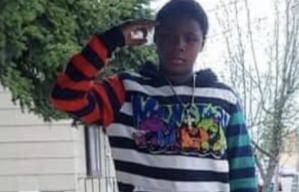A new study suggests that genes play a role in male and female decision-making when identifying their mates. It turns out that married couples have similar DNA and education levels.
Researchers from the University of Colorado-Boulder's Institute of Behavioral Science led by research associate Benjamin Domingue examined the DNA of 825 white American married couples and looked for genetic similarities. They have identified 1.7 million potential points that are similar between couples.
"It's well-known that people marry folks who are like them," said Domingue in a university news release. "But there's been a question whether we mate at random with respect to genetics."
The findings of the study contradict previous belief that humans choose their mates randomly based on non-genetic similarities such as religion, race, age, income, body type, and education. However, they clarified that the case is different from siblings that are up to 60 percent genetically similar. For two people to be genetically-attracted, they should have a similar DNA makeup of less than 40 percent.
Aside from the genetic similarities, married couples also showed a 35 percent match of educational levels.
But one expert disagreed with the results of the study, saying that it is misleading.
"This [study] seems to suggest that mate choice is based on genes. The genes are, in a sense, a bystander," Neil Risch, director of the Center for Human Genetics at the University of California, San Francisco, told Healthday News. "Historically, in a highly ethnically and geographically structured population, say Chicago, it might have been the case that Eastern Europeans only married other Eastern Europeans, Southern Europeans only married Southern Europeans, and Northern Europeans only married Northern Europeans."
Further details of the study can be read on the May 19 issue of the Proceedings of the National Academy of Sciences.








